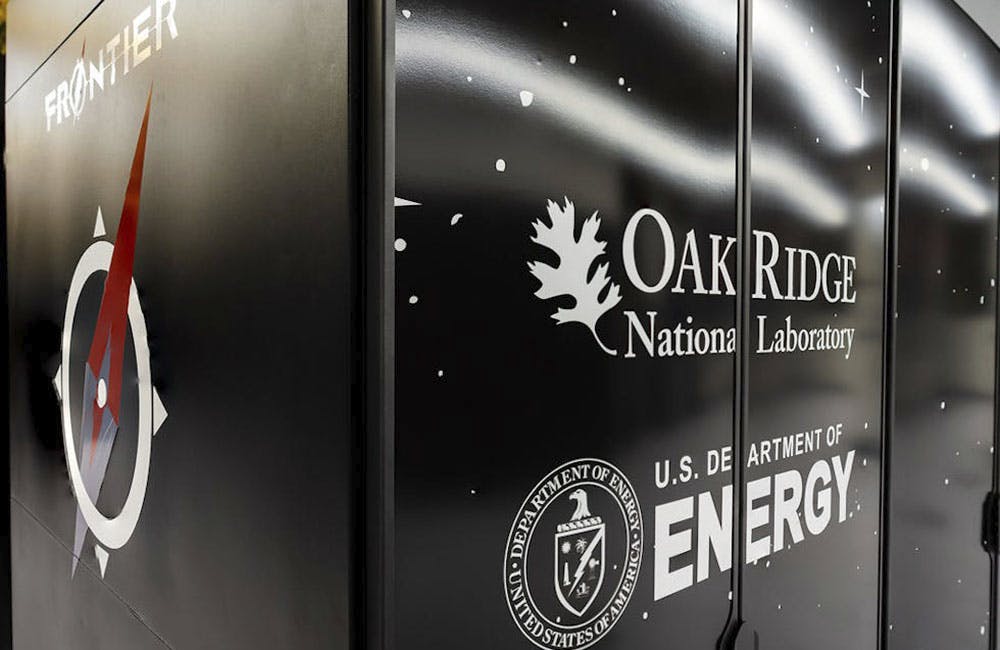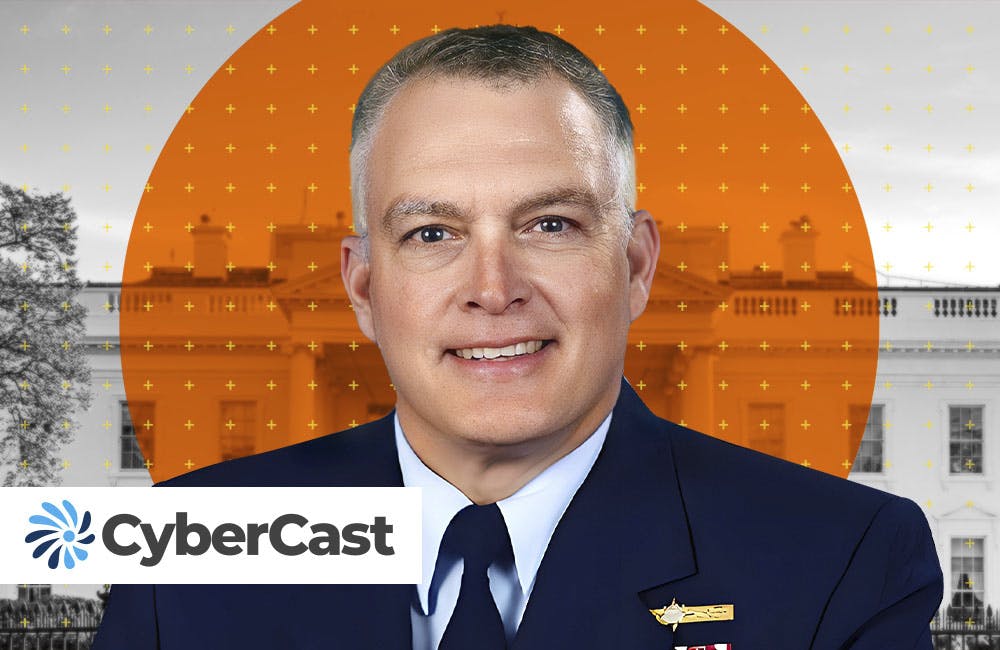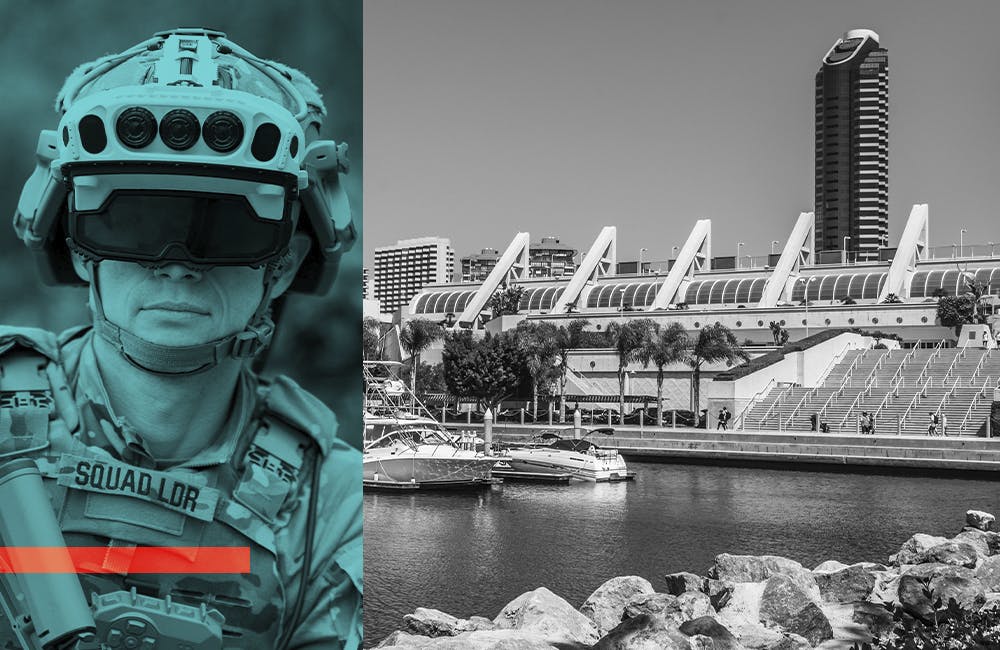Cybercom Cites Partnerships as Key Enabler to Countering China Cyber Threats
Outgoing Cybercom Director Gen. Paul Nakasone testified that partnerships put the U.S. at an advantage to countering growing cyber threats.

Outgoing U.S. Cyber Command Commander and National Security Agency (NSA) Director Gen. Paul Nakasone warned about Chinese cyber actors’ plans to attack U.S. critical infrastructure, but noted that partnerships put the United States at a key advantage.
“One significant contribution in our ability to counter these threats is our relationship with the private sector,” Nakasone said during a Select Committee Hearing on China’s Cyber Threat to U.S. last week that also featured top leaders from CISA, FBI and the White House. “Partnerships with industries have underpinned the U.S. government’s ability to track, detect and mitigate the PRC’s activity against U.S. infrastructure at scale.”
Nakasone said these public-private partnerships outweigh the size of the threat: “They may have 50 to 1. But with our work, with the private sector, the U.S. outnumbers them.”
In his opening statement, Nakasone emphasized that these attacks are an ongoing and persistent threat, saying that the challenge is “unlike any our nation and allies have ever faced.” The potential breaches present a unique challenge and defending against them has become one of NSA’s top priorities.
“There is too little public focus on the fact that PRC hackers are targeting our critical infrastructures,” said Nakasone. “Water treatment plants, the electrical grid, our oil and natural gas pipelines and transportation systems are [at risk] and require our attention now. They are not focused on political or military targets. Today and every day they are actively attacking our economic security with theft of our innovation, personal and corporate data.”
Defending against this activity, Nakasone added, needs to be a top priority using the full scope of authorities and the full spectrum of the capabilities, including maintaining partnerships across the United States government and private industry.
Nakasone confirmed that he believes that if a nation decided to attack critical infrastructure that is above the threshold of war, the U.S. would respond decisively, reiterating his comments from the Aspen Security Forum in 2018.
He also said the renewing Foreign Intelligence Surveillance Act (FISA) and Section 702 is of the utmost importance to keep every American safe. Under FISA section 702, NSA can intercept emails, phone calls and text messages from specific non-Americans overseas, including those routed through U.S. companies or stored on U.S. servers with the assistance of electronic communications service providers, to acquire foreign intelligence information.
“As someone who was at the Pentagon on 9/11, to consider what we would return to the days before section 702 where we could not connect the dots is almost inexplicable to me,” he said.
This is a carousel with manually rotating slides. Use Next and Previous buttons to navigate or jump to a slide with the slide dots
-

Energy Researchers Aim For Holistic Approach to AI Issues
A new center at the Oak Ridge National Laboratory is looking at under-researched areas of AI to better understand how to secure it.
2m read -

A Prepared Workforce is Key to Cyber Resiliency
Strong training strategies and emphasizing cyber hygiene basics enhance security practices at federal agencies.
2m read -

Coast Guard Poised for Growth in Cyber
The service’s prevention policy chief discusses his priorities for combatting cyber incidents that could have global impacts.
23m listen -

Sea-Air-Space: Marine Innovation Unit Bridges Defense and Commercial Tech
Commanding Officer Col. Brooks Braden said the office is focused on how to innovate using available resources in the Marine Corps.
10m watch








